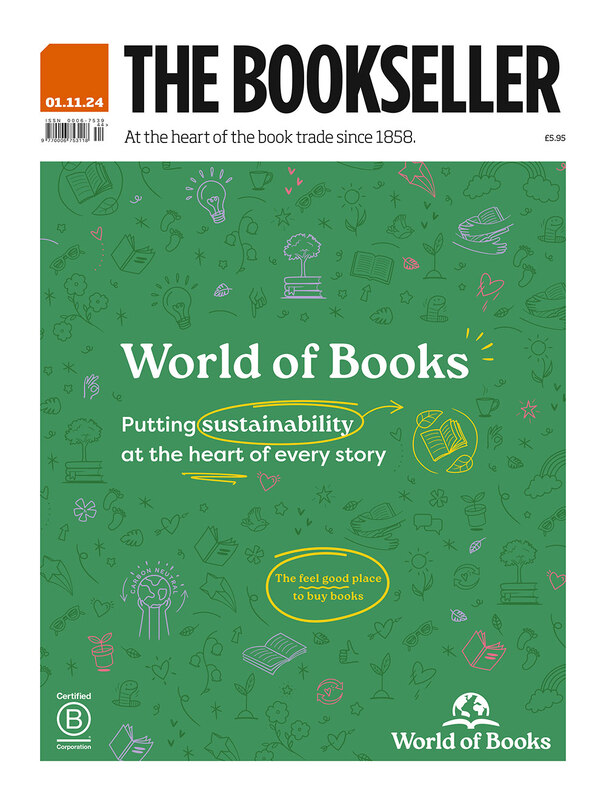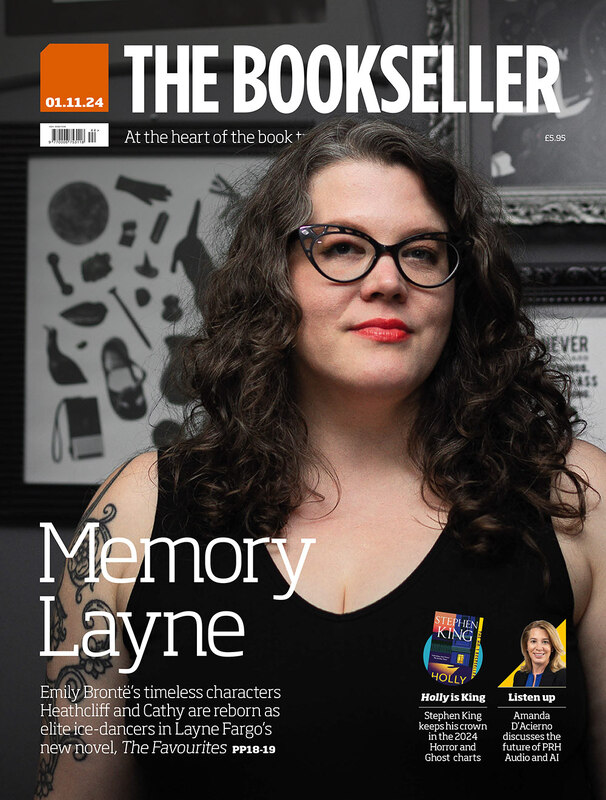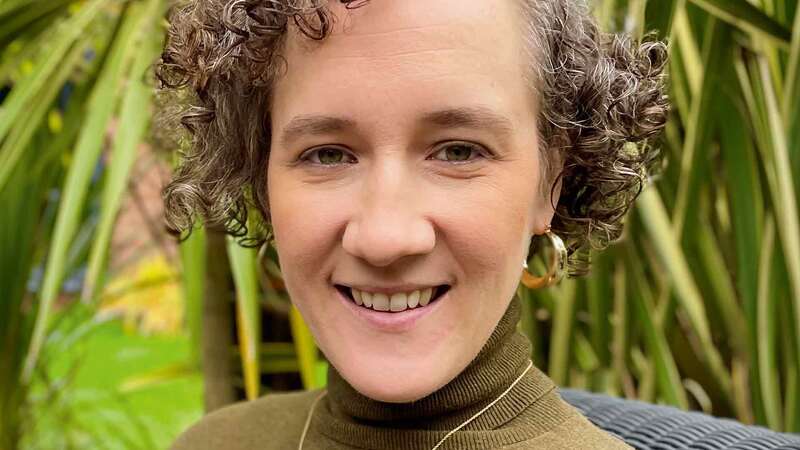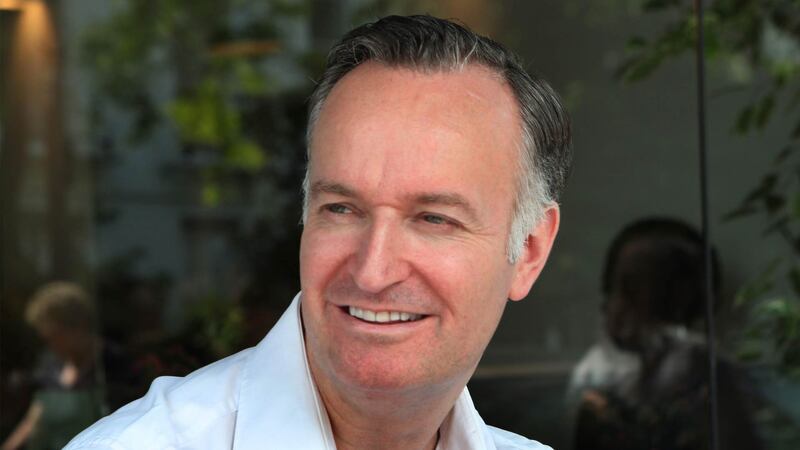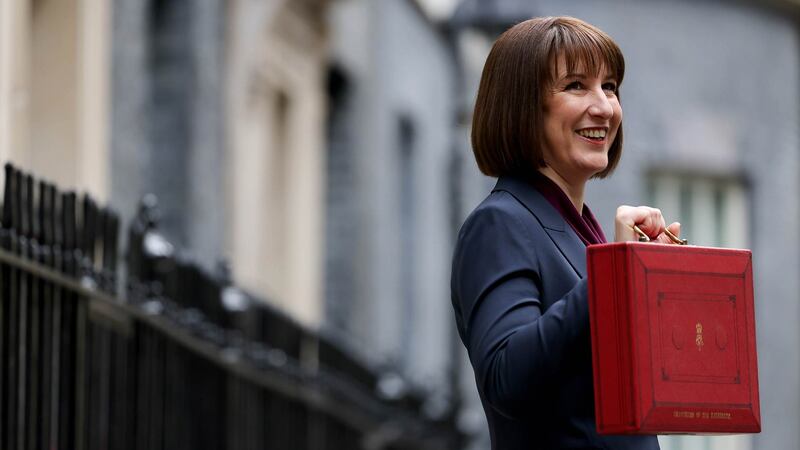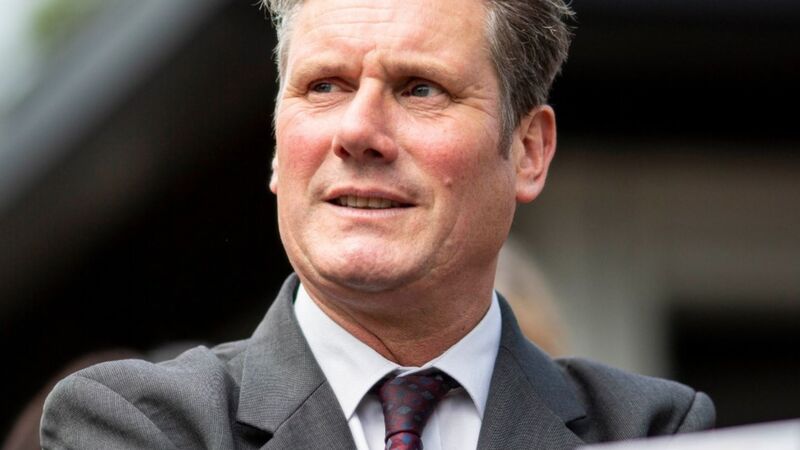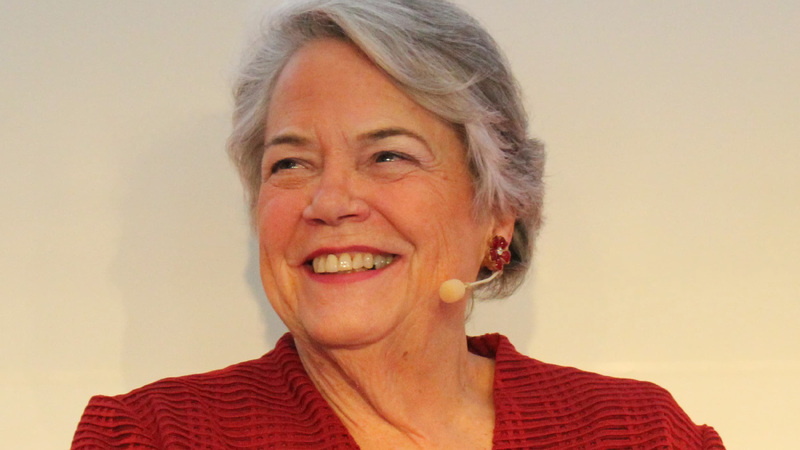You are viewing your 1 free article this month. Login to read more articles.
'Brexit means Brexit', government has told PA
The government has told the Publishers Association (PA) that “Brexit means Brexit” and publishers should use this opportunity to “really make the case for the publishing agenda” going forward.
Speaking at The Bookseller’s ‘Brexit Breakfast’ this morning (11th July), which was an opportunity for the trade to discuss the various implications of an exit from the European Union for the publishing sector, Susie Winter, director of policy and communications at the PA, emphasised the important role the industry can play in shaping future laws.
“Very clearly the message that we’ve been getting from the government is Brexit means Brexit," Winter said. "This is what country has decided, and whatever side of argument you’re on, this is what’s happening and we have to work together to make sure we get the best deal and that the UK continues to have a powerful voice in the world.”
However, filmmaker Victor Schonfeld argued from the floor that it was “upsetting” to hear the PA was neutral during the referendum and said he was concerned the trade body is advocating for the industry to “be quiet and let this happen”. Schonfeld cited the 1000 barristers who have signed a letter saying the result of the referendum is not legally binding. He said: "Lawyers who are normally neutral have taken the passionate position that this is an emergency. I don’t understand why in this forum you're saying we all just have to accept this. I’m concerned”.
Winter argued that the PA took a neutral position on the EU referendum campaign on the "clear guidance of members". She said: "The individual publishers we represent had a variety of different views, so we didn’t come out with definite view. Now we are talking to government about what industry needs, for example, academic publishers are concerned about impact this will have on funding, we’re talking to government about this, we’ve said ‘when you’re negotiating this, you have to make sure academics are properly funded’. But we need to understand that the result of the referendum is the result of the referendum, we’re not just accepting and rolling over.”
Lizzy Kremer, agent with David Higham Associates and vice president of the Association of Author's Agents, added: “We have to be pragmatic. We cannot just be seen to be lamenting; we have to protect our industry. We can't waste time trying to fight the decision. It's important that a professional body takes hasty and pragmatic action."
Winter continued: “We're promoting the success of the industry. It's fantastically successful; we have amazing authors and booksellers. The whole ecosystem of the book and publishing industry is incredibly strong. The demand for amazing books isn’t going to change”.
Winter said it is going to be “much more difficult” for the UK to be heard in Europe, but a lot of what will happen “hinges on what kind of relationship we have” and what deal we make and that is “still very much up in the air”. However, she emphasised that it is “in times of trouble and uncertainty when government really wants to hear from business”. She said the industry now has the chance to “present our concerns as opportunities as what we want them to do. We’re a strong industry worth £4.4bn. We’re a voice the government will listen to.”
Shireen Peermohamed, partner at Harbottle & Lewis, said: “With this uncertainty there does come opportunity. The government will be all over our laws and how they’re entwined with EU law. And with issues relevant to the industry including copyright and VAT, there’s real opportunity to talk about it and shape direction of travel."
Panellists at this morning's Brexit Breakfast also included Neil Morrison, group human resource director at Penguin Random House and Alessandro Gallenzi, publisher at Alma Books.
Morrison was critical of the Australian-style points system for immigration, arguing that it was slow and often unfair. He said UK publishers would continue to need workers from overseas regardless of what regime came in after Brexit. He said: "We need to be giving out reassuring messages in this interim period, that we’re a broad and open and welcoming industry. The fact is that we will be requiring a workforce outside of the UK. This is an area we should be thinking about how we can influence. [The new system] cant' be slow, it has to be effective, and it can’t place significant costs on to business."
Gallenzi warned that European funding for translation could be hit, but stressed that there would continue to be the need for the open movement of ideas, if not people.
"We need to consider how Brexit affects the exchange of ideas", Gallenzi said. "It's not only about the impact on commerce and business, but also how this will affect the free exchange of ideas. We have to remember that we translate very little compared to EU counterparts, for example, France translates 22%. It's important that we’re not seen as an inward looking or foreign-bashing. We have to to work even harder on the ground, both personally and through institutions".

